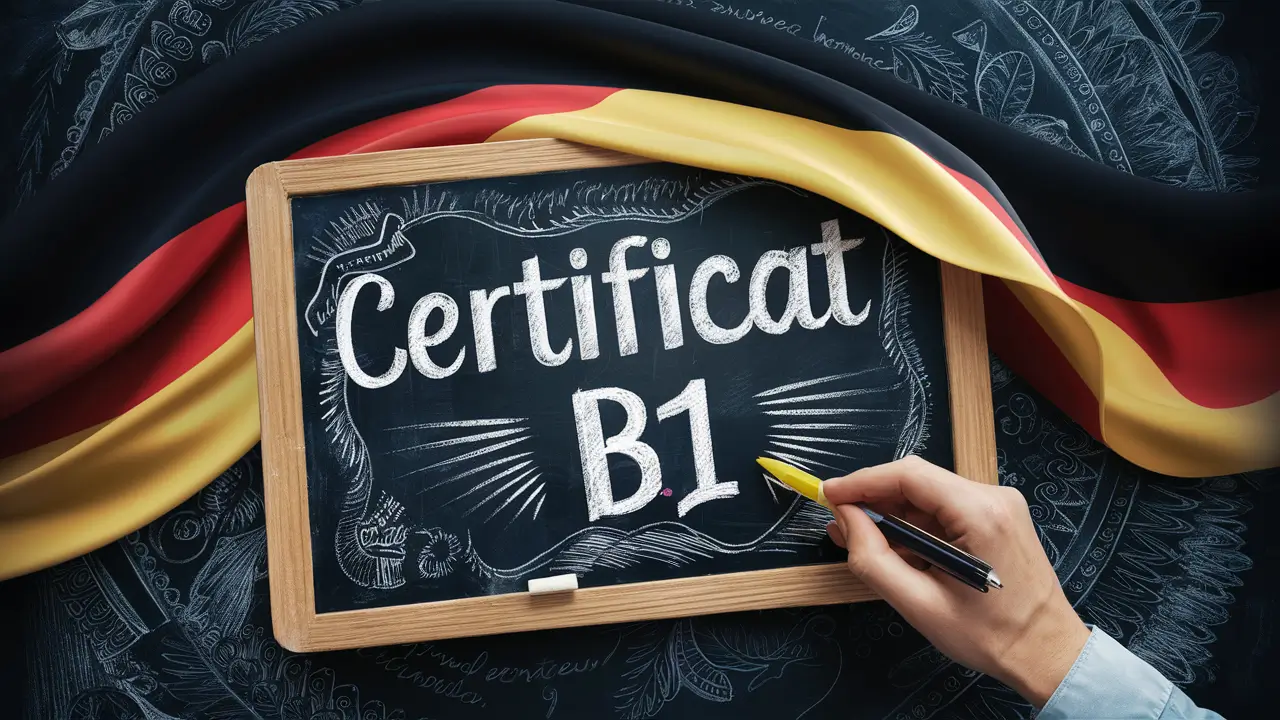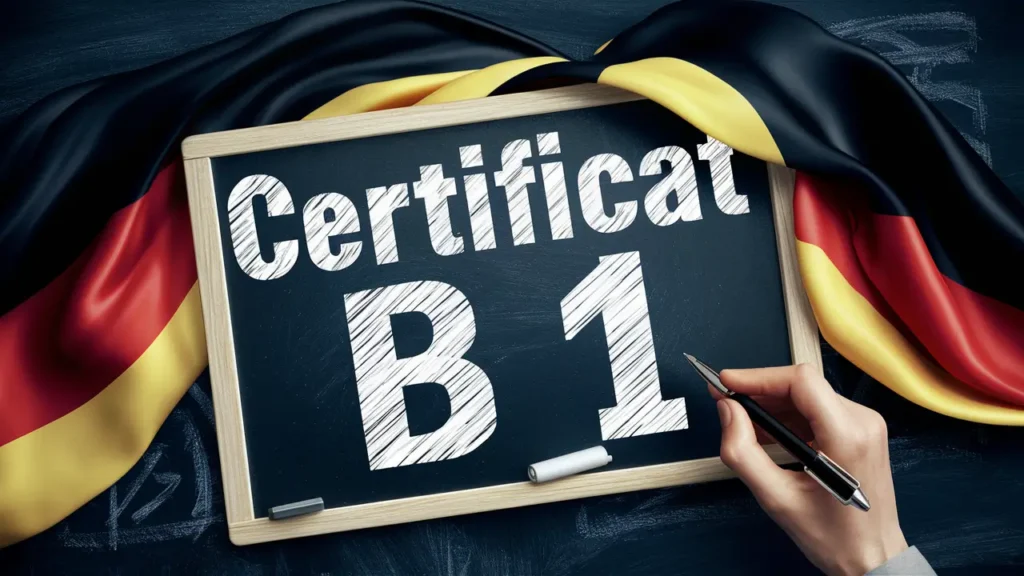The landscape of German citizenship has changed with the introduction of the new citizenship law in 2024. This article explores the current possibilities for German naturalization WITHOUT a language certificate under the new regulations.
The New German citizenship law
The 2024 German citizenship law has made significant changes to the naturalization process, including language requirements. However, the general principle remains that German language proficiency is typically required for naturalization. The standard requirement is still a B1 level certificate, but there are now more exceptions and alternatives.
Obtaining German citizenship without language proficiency
Under the new law, German citizenship without language proficiency is possible in several scenarios:
- Age-related exemptions
- Health-related exemptions
- Educational background
- Integration efforts
- Specific historical contexts
Let’s explore these in detail:
1. Age-related Exemptions
The new law has adjusted age-related exemptions:
| Age Group | Language Requirement |
|---|---|
| Under 67 | Full requirement (B1) |
| 67 and over | Reduced requirement (A2) or possible exemption |
2. Health-related Exemptions
Individuals with certain physical or mental health conditions that make language learning difficult may still be exempt. This continues to require medical documentation.
3. Educational Background
Those who have completed education in German schools or universities are typically exempt from providing a separate language certificate.
4. Integration Efforts
The new law places greater emphasis on overall integration efforts. While not a direct exemption, strong integration in other areas (employment, community involvement) may lead to more flexible language assessments.
5. Specific Historical Contexts
The 2024 law introduces exemptions for descendants of Nazi persecution victims and former guest workers, potentially allowing German naturalization WITHOUT a language certificate in these cases.
Alternatives to Traditional Language Certificates
The new law has expanded alternatives for demonstrating language skills:
- Integration Course Certificate: Still accepted as proof of language skills. (Find more about Integration courses in Germany)
- Hardship Provisions: More flexible evaluations for cases of extreme difficulty.
- Practical Language Assessment: Some offices may offer practical assessments through conversation.
- Long-term Residency: The new law considers long-term residents (8+ years) with strong integration as potentially eligible for naturalization with reduced language requirements.
The Fast-Track Option
The 2024 law introduces a fast-track option for naturalization after 5 years (instead of 8) for those demonstrating exceptional integration. While this doesn’t directly allow German citizenship without language proficiency, it does emphasize overall integration over strict language requirements.
Dual Citizenship
It’s worth noting that the 2024 law also allows dual citizenship, removing the previous requirement to give up other nationalities. While this doesn’t directly relate to language requirements, it may make naturalization more attractive to those who previously hesitated due to this restriction.
While the 2024 German citizenship law maintains language proficiency as a key requirement, it has expanded the possibilities for German naturalization WITHOUT a language certificate in certain cases. The law emphasizes a more holistic view of integration, potentially benefiting those who have integrated well in other aspects of German life but struggle with formal language tests.
If you’re considering applying for German citizenship under the new law and are concerned about the language requirement, it’s crucial to consult with an immigration lawyer or contact your local immigration office. The interpretation and application of the new law may vary, and individual circumstances play a significant role.
Remember, even with these new provisions, learning German remains valuable for full participation in German society and the job market. The new law’s emphasis on overall integration underscores the importance of engaging with the language and culture, even if formal certification isn’t always required.
Note: Consult with immigration authorities for individual cases




